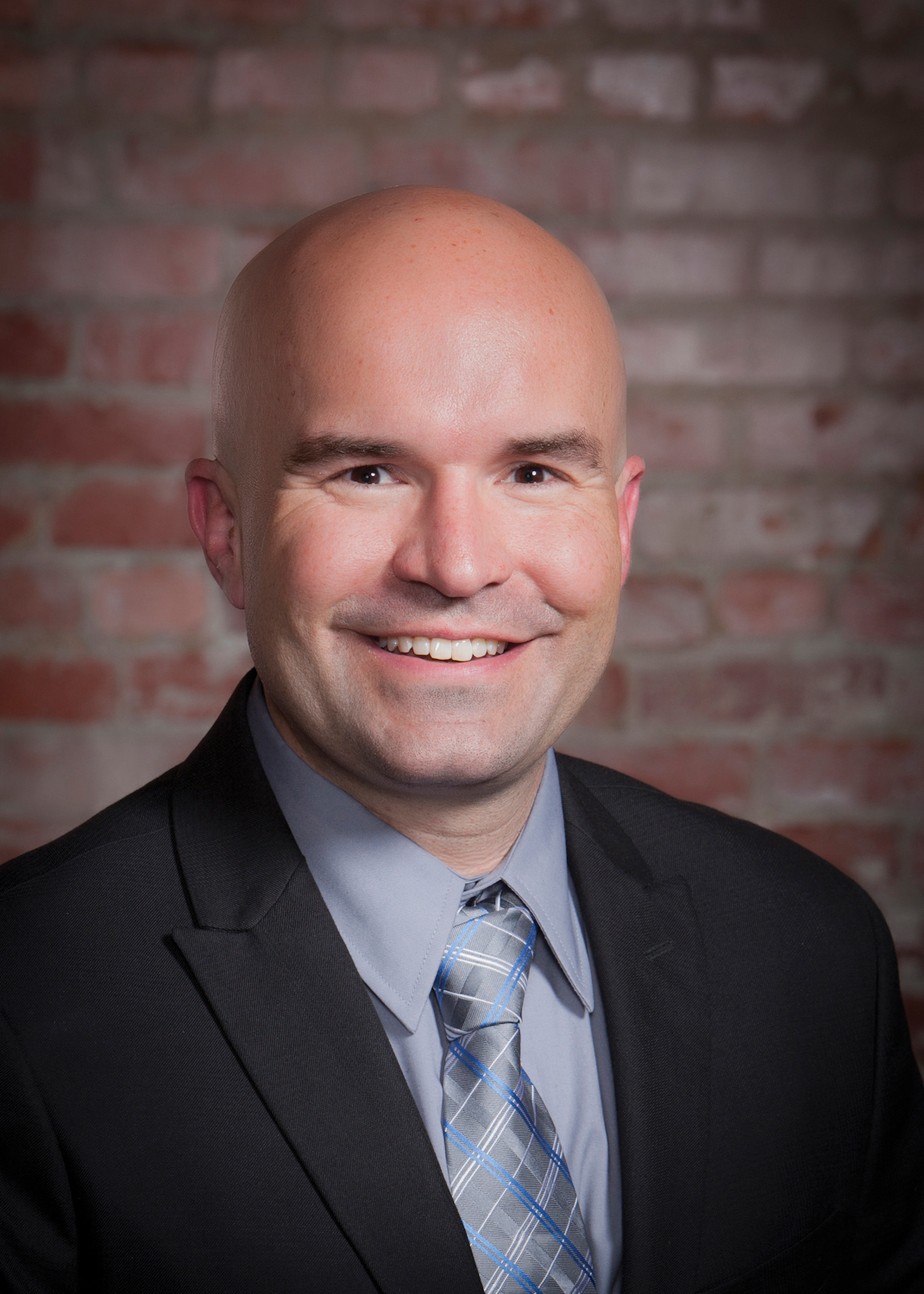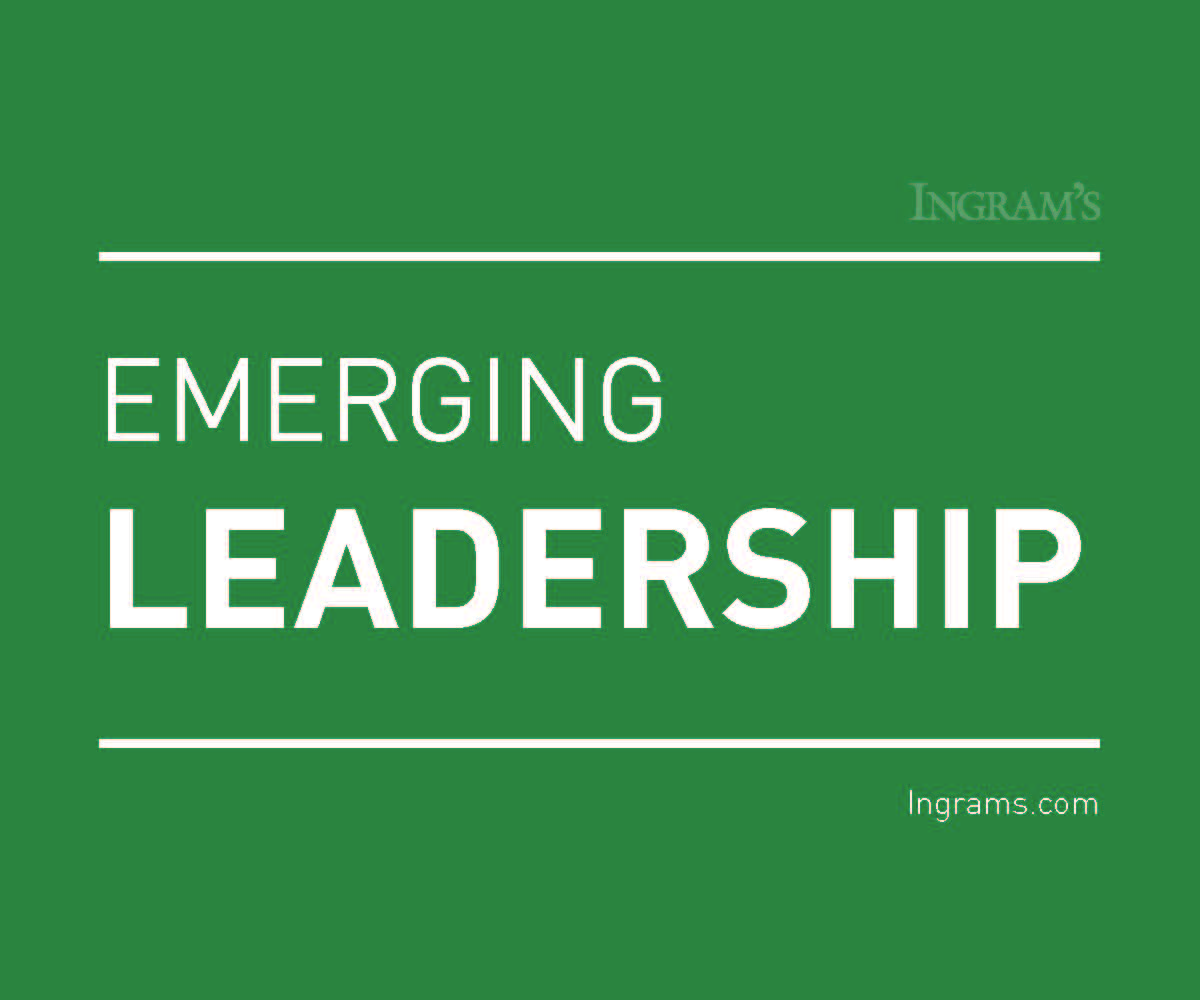HOME | ABOUT US | MEDIA KIT | CONTACT US | INQUIRE
HOME | ABOUT US | MEDIA KIT | CONTACT US | INQUIRE
The Prime Directive: If you do it, do it right.
If you’re in business, and especially if you’re in a business lead-ership role, you’re likely at some point to run into opportunities to serve on non-profit, civic or other boards. Before you jump, take time to consider a few elements about what that service means, and what it requires.
 Just like the organizations they serve, boards come in all shapes and sizes. It’s important to find the right fit. I’ve had the pleasure and honor of serving on boards of several local non-profits, so I can share a few of the tips with other professionals who are looking for ways to get involved, give back to the community and build their networks by connecting with fellow volunteers.
Just like the organizations they serve, boards come in all shapes and sizes. It’s important to find the right fit. I’ve had the pleasure and honor of serving on boards of several local non-profits, so I can share a few of the tips with other professionals who are looking for ways to get involved, give back to the community and build their networks by connecting with fellow volunteers.
Know Your Passions. One of the most rewarding ways to be involved is to support something you love—the arts, education, children’s health, fitness and well-being, etc.—and there are  countless ways to engage. However, when you seek out or sign on to a board opening just to fill out your resume, it can be a frustrating experience for you and the organization. The phrase “fake it ’til you make it” just doesn’t work when it comes to enthusiasm for a non-profit’s mission.
countless ways to engage. However, when you seek out or sign on to a board opening just to fill out your resume, it can be a frustrating experience for you and the organization. The phrase “fake it ’til you make it” just doesn’t work when it comes to enthusiasm for a non-profit’s mission.
Know Your Strengths. I’m a PR guy. An animated storyteller. An energetic connector. A shameless promoter. I do those things well, and the board involvement I’ve enjoyed the most has tapped into those talents to help the cause. But when I took on the role of an organization’s web master and newsletter editor—thinking I’d be writing and publishing, both in this former journalist’s wheelhouse—I found myself learning basic coding and database management on the fly. It was not pretty. Often. I lost focus on the mission because I was drowning in HTML. The next year, I took on a new role mentoring young professionals and hosting networking events. I was on cloud nine. Same organization, same leadership, but a very different role.
Know Your Purpose. When you’re having conversations with the organization about joining the board, make sure you’re on the same page about what’s expected of you and how you can best help. Are you there to provide advice or insights? Are you an extension of their staff, ready to get your hands dirty at events? Are you there to solicit sponsorships and find corporate partners? Are you there to raise money, possibly by donating some of your own? And there’s a good chance it’s all of the above. These are all questions that need to be clarified so that you can best serve the organization and get the most enjoyment out of your time. In one early board experience, we found ourselves spending an inordinate amount of time (ours and the staff’s) to plan events, only to raise a modest amount of money. When the staff clarified that our goal should be focused on awareness and “friend-raising” over fund-raising, everyone benefited from being on the same page and not spinning our wheels or stepping on toes.
Know Your Team. I’ve enjoyed volunteering with passionate par-ents, insightful insiders, corporate connectors and fantastic fund-raisers, and the best boards have a balanced combination of them all. As you evaluate opportunities and invitations, check out the current board roster. Try to grab coffee with a couple of them and ask about the various roles being played and holes that need to be filled. Early in my career, because I was one of a few board members working at a large company, I was expected to be the corporate connector. Only problem was that I was new to my job and hadn’t been involved in the community before that. It’s hard to be make connec-tions when you don’t know anyone to connect. Fast-forward a decade later, and I’m in a much better position to make mutually beneficial introductions throughout the city.
Know Your Potential. Whether it was early experience on the MS Society’s Leadership Council or currently on the boards for Nonprofit Connect, WIN for KC, BikeWalk and KU Edwards’ Integrated Marketing Communications masters program, I’m constantly awed by the fact that I get to sit at the same table with community leaders, civic champions, my mentors and some of the smartest people I know. I sponge up every word they say and embrace every chance I get to learn from them. And whenever an opportunity arises to contribute my time, talents or energy, I jump on it with all I have. Because some-day there will be a new board member sitting next to me, and I can only hope they look at me the same way.
Know Your Limits. I’ve found board involvement, civic engagement, volun-teering—saying yes in general—to be addictive. The more you help, the more you’ll find that someone else needs help. And the more you do, the more you’ll find that you enjoy doing it. But sometimes, it doesn’t work to just do it. Your time is valuable. You don’t want to burn yourself out, and no board benefits from having someone there on autopilot. If you’re going to do it, do it for the right reasons. Do it because you’re passionate about it. Because it taps your strengths. Because you serve a necessary purpose. Because you’re surrounded by a top-notch team. Because you’re tapping your potential.
Every board is different, but the appro-ach should be the same. Do some homework to learn how you can be the most help to an organization you love, and then everyone wins when you find the right fit.